The German authorities have declared their intention to shut down the facility.
Current Saxon Minister-President Kretschmer views CDU as a shelter in the storm during coalition. "We've got every reason to party," Kretschmer declared at the CDU's election event. "We've endured five rough years," the people of Saxony put their trust in the CDU and did not cast a protest vote. "We understand the disappointment of the people with what's happening in Berlin."
18:39 Projection for Saxony: CDU's lead over AfD weakensPreliminary projections on ZDF suggest a narrow CDU lead over the AfD in the Saxony state election: the CDU now trails slightly behind with 31.9%, while the AfD holds 31.3%. The BSW comes in at 11.6%, the SPD at 7.8%. The Greens could just secure entry into the state parliament with 5.2%, while the Left misses out at 4.5%.
18:33 AfD leader Weidel pushes for government participation in Thuringia and SaxonyAfD federal party chief, Alice Weidel, is advocating for her party to take part in the government in Thuringia and Saxony. "By standard practice in this country, the dominant party – the AfD – could explore possibilities," Weidel suggests on ARD, referring to Thuringia. "The public wants the AfD to be involved in government. We persuade 30% of the voters in both federal states, and without us, a stable government would be impossible."
18:30 SPD secretary-general: "Risk of being ejected from the state parliament"SPD secretary-general Kevin Kühnert acknowledges his party's meager results in Thuringia and Saxony. "This isn't a night for celebration in the SPD," he stated on ARD. Despite the party's struggles for years, "there was a genuine threat of being ousted from the state parliaments," Kühnert added. "Fighting is worthwhile, we are needed." Significant changes will be necessary, Kühnert suggested, mentioning improved communication and listening to voters. Regarding Chancellor Olaf Scholz, he said: "We should discuss our politics together."
18:23 Höcke celebrates Thuringia victory as "historic triumph"AfD faction leader Björn Höcke interprets the Thuringia result as "historic." The AfD is the people's number one force in the federal state, "the absurd separation of walls has to end," Höcke said on MDR. Change will only occur with the AfD, he maintained.

18:23 Chrupalla on Thuringia: "Level pegging with the CDU"AfD party leader Tino Chrupalla sees his party's result as remarkable, stating that voter willpower has brought about political change in both federal states. The AfD is prepared to engage with all parties, he said on ZDF. "In Saxony, we're neck and neck with the CDU," the AfD aims to create politics for the betterment of Saxony, he asserted.
18:17 CDU secretary-general: No coalition with AfDCDU secretary-general Carsten Linnemann dismisses any coalitions with the AfD in Thuringia or Saxony. "We're absolutely firm on that," he said on ARD. The CDU will construct governments from the center of parliament, he declared. He is confident in its success. The CDU is the last surviving people's party and the "bulwark," the red-green parties have been penalized, he suggested.
18:13 Projection for Saxony: CDU barely in front of AfD, BSW at 12 percent, Greens on marginThe initial projection for the Saxony state election reveals the CDU gaining victory with 31.5% of the votes, narrowly preceding the AfD at 30%. The BSW is the third-most influential group with 12%, while the SPD remains in the state parliament with 8.5%. The Greens just squeeze by the threshold to keep their place in the state parliament with 5.5%. The Left is projected to drop out with 4%, and the FDP will not gain entry into the new parliament.
18:10 Projection for Thuringia: AfD ahead of CDU, BSW picks up double digits in SaxonyThe preliminary projection for the Thuringia state election indicates the AfD leading with 30.5% of the votes, followed by the CDU at 24.5% and the Left at 12.5%. The SPD will be represented in the state parliament with 7%, while the BSW secures a seat with 16%. The Greens and the FDP both fail to achieve the 5% requirement.
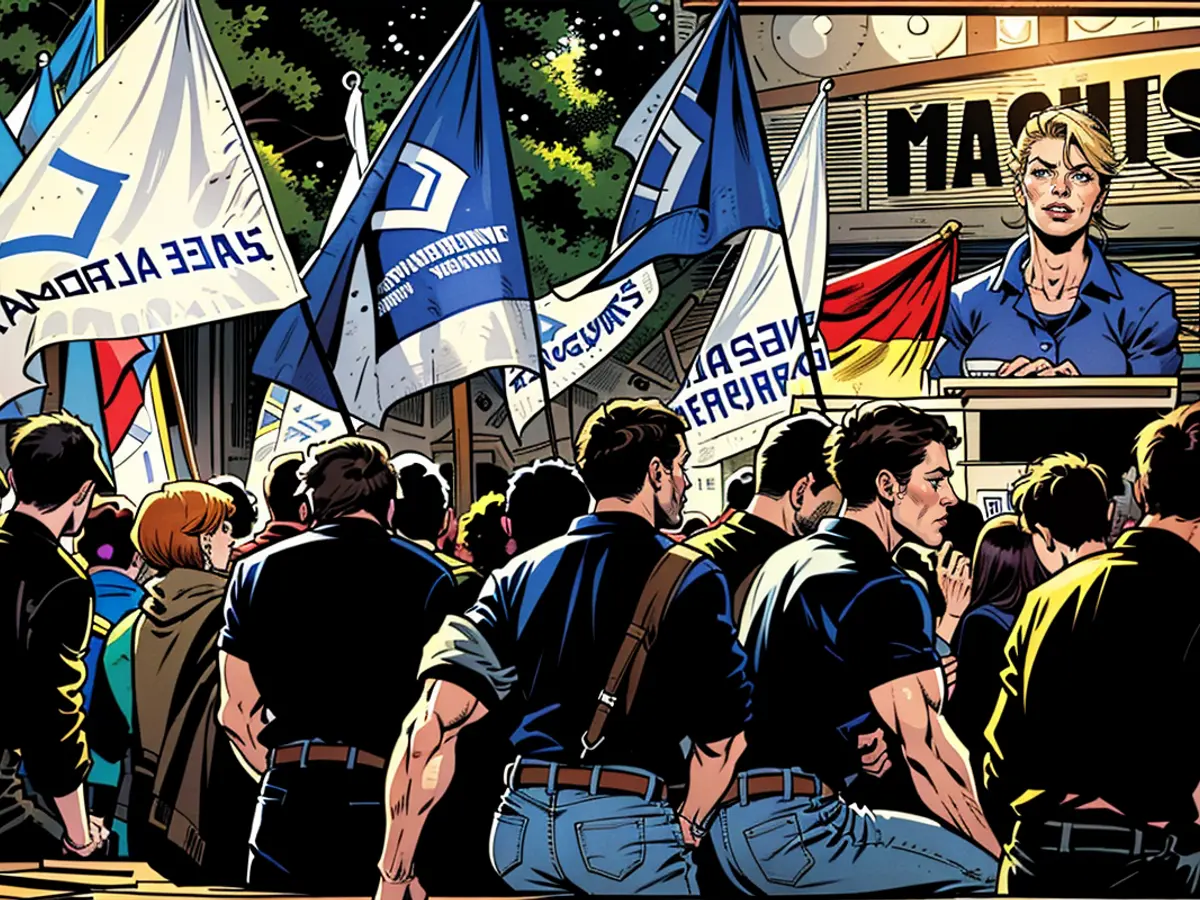
18:01 AfD dominates in Thuringia, BSW breaks double digits in SaxonyAn early projection after the Thuringia state election reveals the AfD taking the leading role, with the SPD surpassing the 5% hurdle, and the Greens and FDP falling short. In Saxony, the BSW achieves a double-digit result from scratch. The CDU is only just ahead of the AfD. The Left and the FDP are not expected to be part of the state parliament, while the Greens will remain.
17:18 Björn Höcke's Seat in State Parliament UncertainThe leader of the AfD faction in Thuringia, Björn Höcke, might not secure a seat in the upcoming state parliament. His party colleagues' success could potentially jeopardize his chances. Many AfD candidates in the constituencies have a good chance of winning a direct mandate. However, Höcke is facing strong competition from the CDU candidate, Christian Tischner, in his constituency of Greiz II. If Tischner wins and the AfD secures more direct mandates than their proportional representation allows, no one will be able to enter the state parliament via the party list, not even Höcke, who is at the top of the list. In this case, the AfD might try to persuade a successful direct candidate to give up their seat to ensure Höcke's mandate.
16:48 AfD Thuringia Plans to Exclude MediaThere's a high likelihood that the AfD's Thuringia election party will not be covered by the media. The party, classified as right-wing extremist by the domestic intelligence agency, attempted to exclude several media outlets from the event. However, a court prohibited this, leading the state party to ban all press. A party spokesman cited organizational problems, stating that there was not enough space at the event venue for all the media representatives who had applied for accreditation.
16:29 High Proportion of Mail-In Votes in SaxonyFor the "decisive election" for Saxony, as described by Saxony's CDU Minister President Michael Kretschmer, nearly a quarter of eligible voters have already cast their ballots by mail. The state election office expects 24.6 percent of voters to have voted by mail. The voter turnout so far is only slightly higher than in 2019.
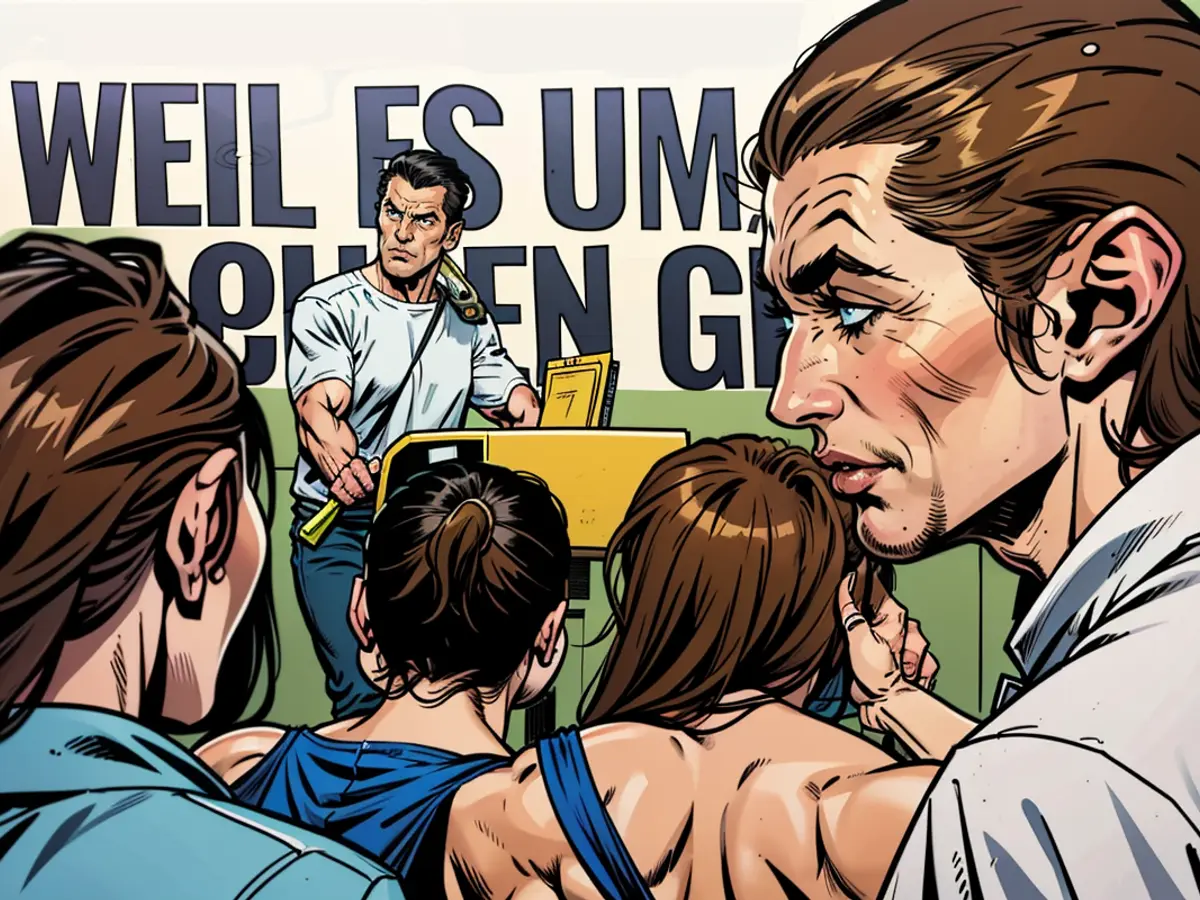
15:52 Höcke and Ramelow Cast Their VotesThuringia's AfD state chairman and top candidate cast his vote at midday. The 52-year-old arrived at his polling station in a Lada Niva, a Russian-made off-road vehicle. Höcke voted in Bornhagen in the Eichsfeld district.
State Premier Bodo Ramelow voted in the state capital of Erfurt. The 68-year-old cast his vote together with his wife, Germana Alberti vom Hofe. He has been the head of government in the Free State since 2014, most recently leading a minority coalition.
15:40 Higher Voter Turnout Than Last TimeIn Thuringia, 44.4 percent of voters had cast their ballots by 2:00 PM. This is an increase of more than two points compared to the election five years ago. A high turnout is thus expected. Absentee voters are not yet included in these figures, according to the state election commissioner. In Saxony, turnout was also higher at 35.4 percent in the early afternoon, although only slightly. However, the election commissioner expects significantly more absentee voters than in 2019. The polling stations in both states will close at 6:00 PM.
15:13 Kretschmer Hopes for 'Traffic Light' Parties in State Parliament
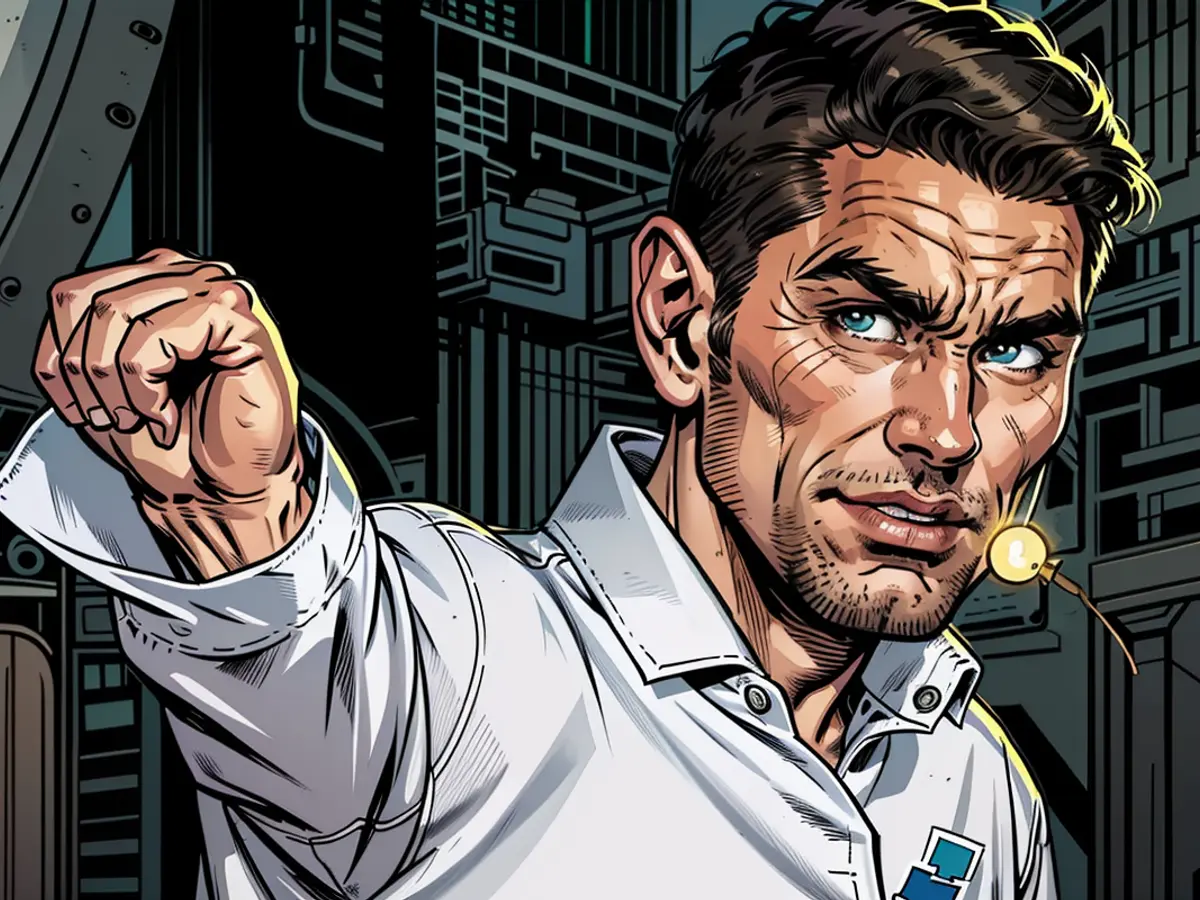
14:40 Top Issues for Saxony and ThuringiaA large survey indicates that nearly a third of voters in Saxony and Thuringia plan to vote for the AfD in the September 1st elections. The survey provides clues as to why this is the case, revealing the greatest concerns and problems. Migration is just one of them.
14:13 Höcke Quickly Casts His VoteAt the Thuringia state election, AfD top candidate Bjoern Hoecke casts his vote around midday. The right-wing extremist does not linger long at the Bornhagen polling station and does not speak to journalists on site. Because he had previously always lost to the CDU candidate in his home district of Eichsfeld, Höcke had also changed his constituency to Greiz. However, he also faces defeat there against the CDU.
13:50 Similar Voter Turnout to 2019 in ThuringiaIn Thuringia, voter turnout is similar to the previous parliamentary election. According to the state election commissioner, around 32 percent of eligible voters had cast their ballots in polling stations by 12:00 PM. Absentee voters are not included in these figures. In 2019, the voter turnout at this time was 31.2 percent. There is also a higher interest in the state election than in the European and local elections earlier this year. At the June election, the voter turnout at this time was 24.3 percent.
13:29 High Voter Turnout Expected in SaxonyAt the Saxony state election, a high voter turnout is expected. By midday, 25.8 percent of eligible voters had cast their ballots, the Statistical State Office in Kamenz reported. At the same time in the previous 2019 state election, the figure was 26.2 percent. Absentee voters are not yet included in the preliminary figures. It is expected that 24.6 percent of eligible voters will exercise their right to vote by mail, compared to 16.9 percent in 2019. According to the state election commission, the elections are running smoothly in the morning without any disruptions. No problems have been reported.
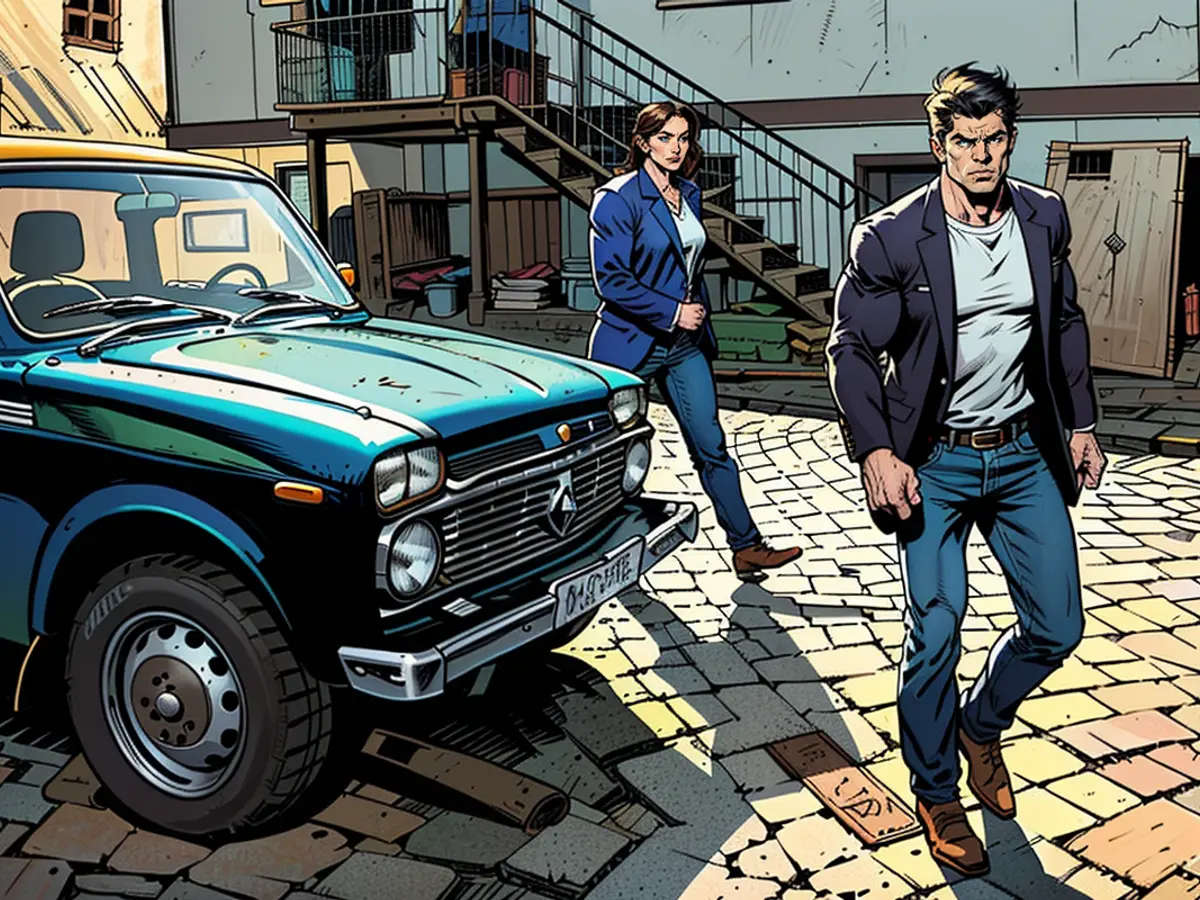
13:11 from Lucky: Potential Impact of Election Result on Berlin CoalitionThe outcome of the state elections in Saxony and Thuringia is yet to be announced. If the SPD fails to secure a spot in the state parliament, political analyst Albrecht from Lucky suggests this could be almost seismic. He dissects the election and its potential ramifications in an interview with ntv.
12:44 Police Probe Threat at Polling StationFollowing an incident at a polling station in Gera, police are probing a threat. A voter with an AfD t-shirt entered the polling station in the morning. When asked to remove it due to prohibited party promotion inside the polling station, he obliged but threatened to return as he wasn't satisfied with his departure treatment. Police then lodged a complaint and warned the individual. Furthermore, Erfurt police are investigating AfD-related graffiti ("Höcke is a Nazi") near polling stations as a case of vandalism.
12:15 Correctiv Alerts about Circulating False InformationResearch network Correctiv is raising awareness about a resurfacing false claim claiming that signing the ballot protects against vote fraud. However, the Federal Returning Officer's office clarified to Correctiv that signing the ballot by the voter compromises vote secrecy, invalidating the entire ballot.
11:51 Voigt Desires "Stable Majority Relations"Thuringia's CDU top candidate Mario Voigt has also cast his vote. He hopes for "numerous Thuringians to exercise their right to shape the nation's future" and desires "consistent majority relations" to propel the country forward.
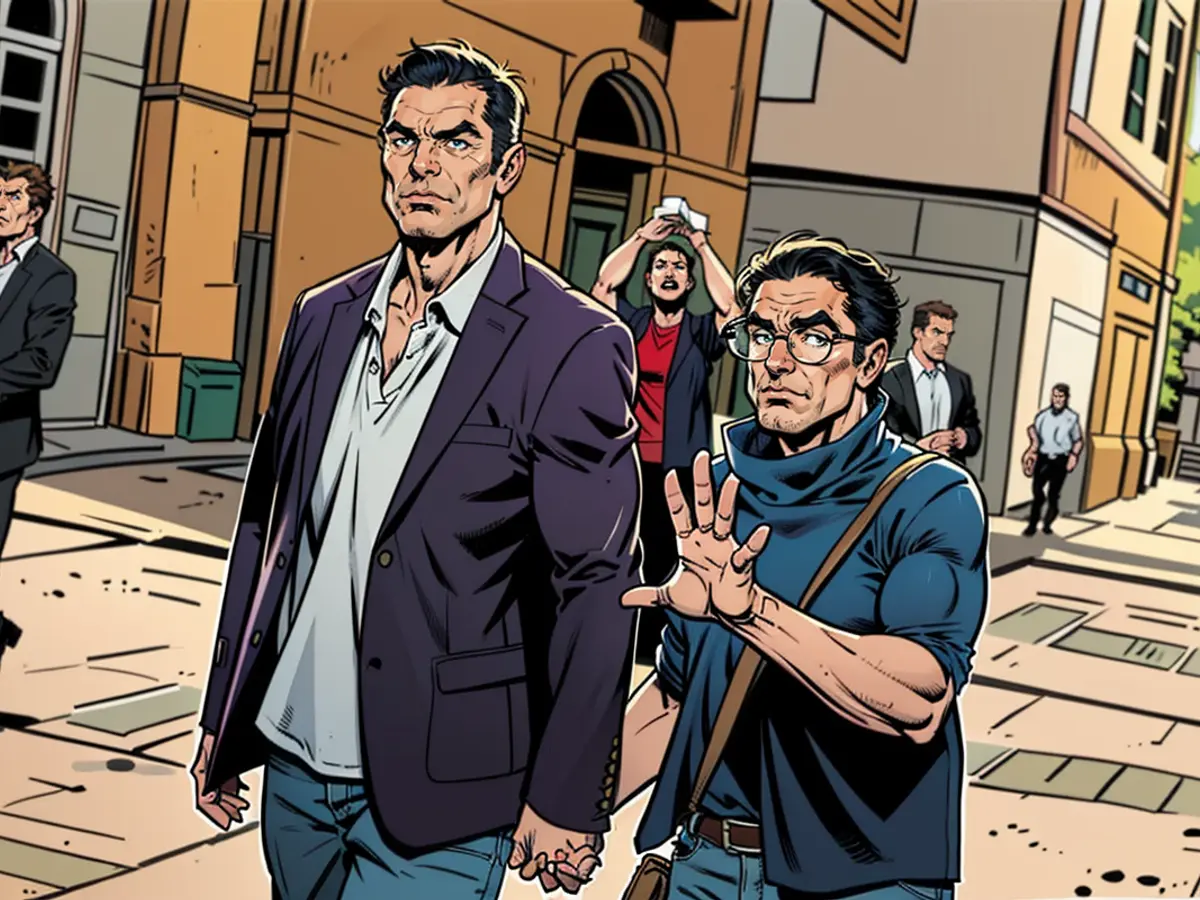
11:25 Sonneberg Faces Surge in Far-Right AttacksSonneberg is the first German district governed by an AfD politician. Subsequently, activists have reported being persistently intimidated, leading several to resign. The frequency of far-right attacks in this district has also quadrupled in a year, with experts attributing this rise to the AfD district administrator.
10:57 Kretschmer Weighs in at the Polling StationSaxony's Premier Michael Kretschmer labels the state election "likely the most critical election in 34 years." During his voting in Dresden, he expresses gratitude to those who "voted differently" previously but now opt for the "strong force in the middle-class center," referring to the Saxon Union. Kretschmer indicates, "This agreement will permits us to form a government serving this land."
10:30 Ramelow Question Mark Over Wagenknecht's Absence from BallotFor Thuringia's Premier Bodo Ramelow, election day signifies "a democracy festival" – despite potential defeats. In an interview with ntv, the Left Party politician discusses his stance on minority government and doubts regarding the BSW's competence.
09:59 Historian Lamenting Election Fallout on Wars AnniversaryHistorian Peter Jesses condemns the election date for Saxony and Thuringia's state elections on September 1st, the 85th anniversary of Germany's invasion of Poland in 1939. He laments that anyone choosing this date "had a negative feeling about history." Looking to the AfD, a far-right party categorized as "securely extreme right" in both states, Jesses says, "This could lead to disturbing associations if in Dresden and Erfurt, a party likewise associated with the Nazi era wins."
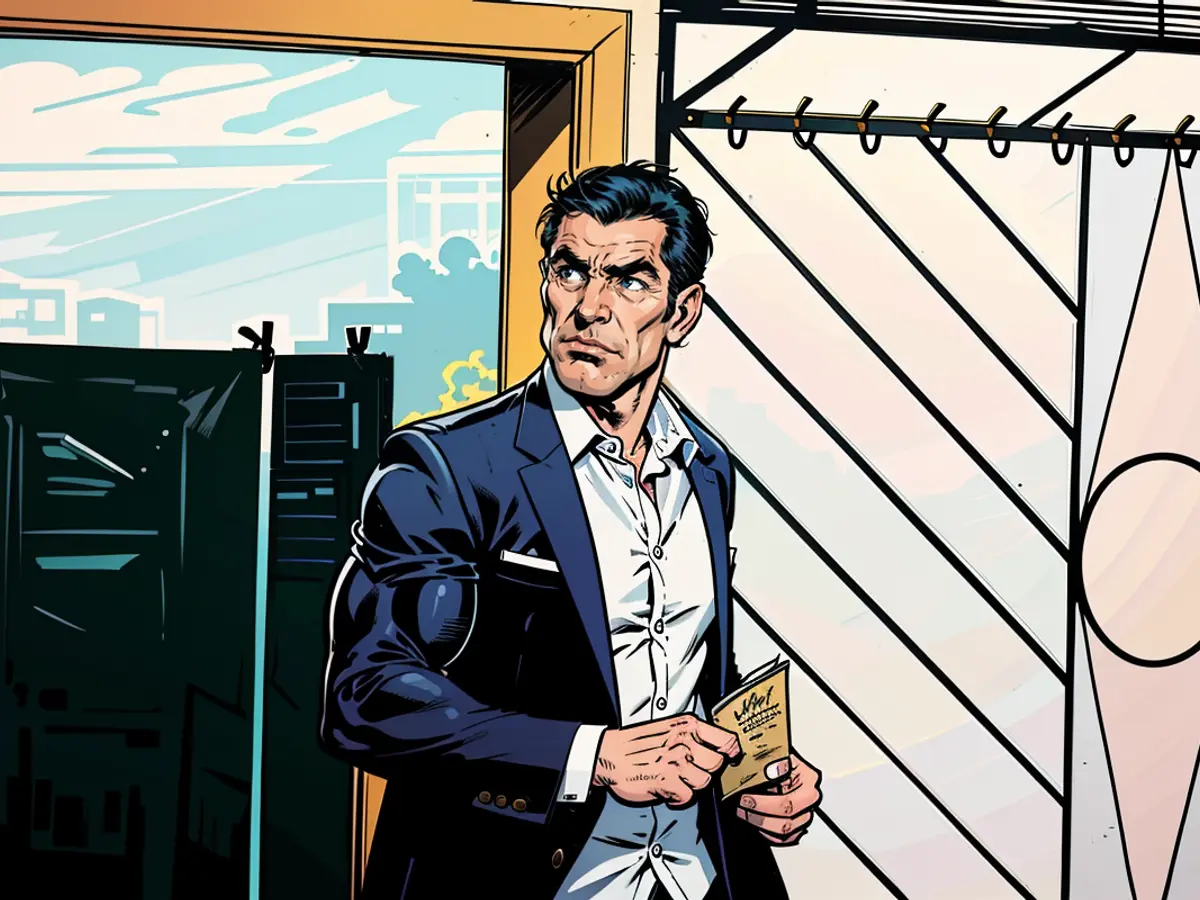
09:30 "Crucial Election": Final Numbers for Saxony State VoteOver 3.3 million eligible voters in Saxony have a chance today to decide who will pilot the political course in the Dresden state parliament in the future. The CDU might relinquish its position as the leading party in the state for the first time since 1990. Saxony Premier Michael Kretschmer termed it a "significant vote." "This is about everything."
09:05 Kretschmer Accuses Traffic Light Coalition of "Frenzied Activity Just Prior to Vote"Election day in Saxony raises a crucial question: Will Michael Kretschmer continue the CDU's victory streak in the state? In his interview with ntv, he discusses his stance on the refugee debate, the traffic light government, and the Ukraine war.
08:46 All Information on Elections in ThuringiaDecision day arrives: In Germany's heartland, the fate of the state governing by nearly 2.1 million inhabitants is up for grabs for the next five years. Will the AfD, led by top candidate Björn Höcke, emerge as the strongest political force in Thuringia?
08:24 Active Measures by AfD to Undermine DemocracyPolls hint at a significant expansion of the AfD's influence in the forthcoming elections in Saxony and Thuringia. A research team warns of the potential hazards to democratic institutions, as the rule of law may not be as robust as some believe.
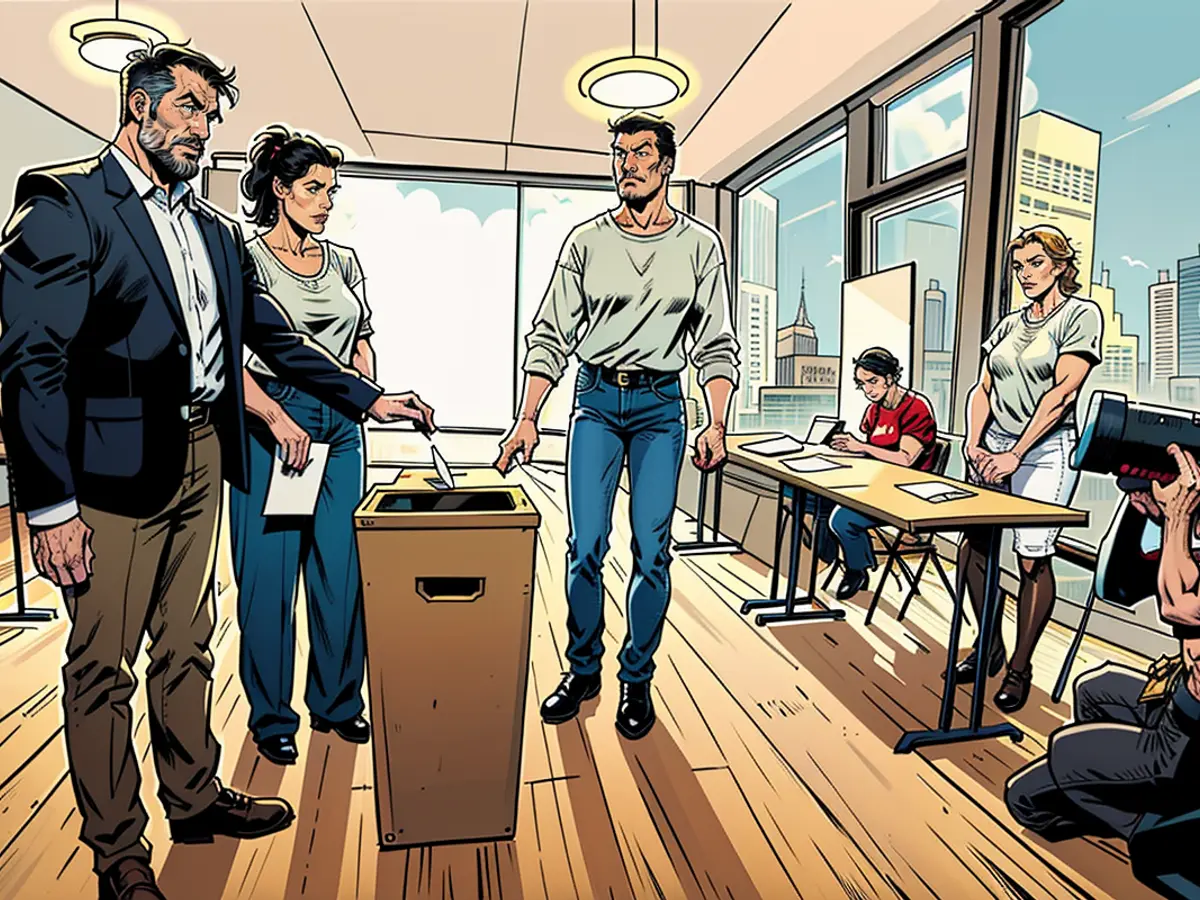
8:00 AM: Voting Stations Open in Thuringia and SaxonyToday, fresh state parliaments are being chosen in Thuringia and Saxony. In these voting booths, the AfD holds a strong lead in Thuringia. In Saxony, Prime Minister Michael Kretschmer's CDU and the AfD are neck and neck. Preliminary estimates are anticipated with the closing of the polling stations at 6 PM. The elections in these two eastern German states serve as a gauge for Berlin's traffic light coalition.
As for the current Thuringia administration, headed by Minister President Bodo Ramelow (Left), they lack a majority in the polls. A potential government composed of the CDU, Sahra Wagenknecht's (BSW) alliance, and the SPD may form after the election. In Saxony, it remains undetermined if the existing coalition of CDU, SPD, and Greens will still maintain a majority. Kretschmer doesn't dismiss the notion of an alliance with the BSW. The Left faces a real risk of being ousted from the parliament in Saxony. The same fate could befall the Greens and FDP in Thuringia.
In light of the narrow lead of the CDU over the AfD in Saxony, some might argue that the left side of the political spectrum in Saxony has shifted towards the AfD.
In the current political landscape of Saxony and Thuringia, the AfD's federal party chief, Alice Weidel, advocates for her party to take part in the government in both states.








